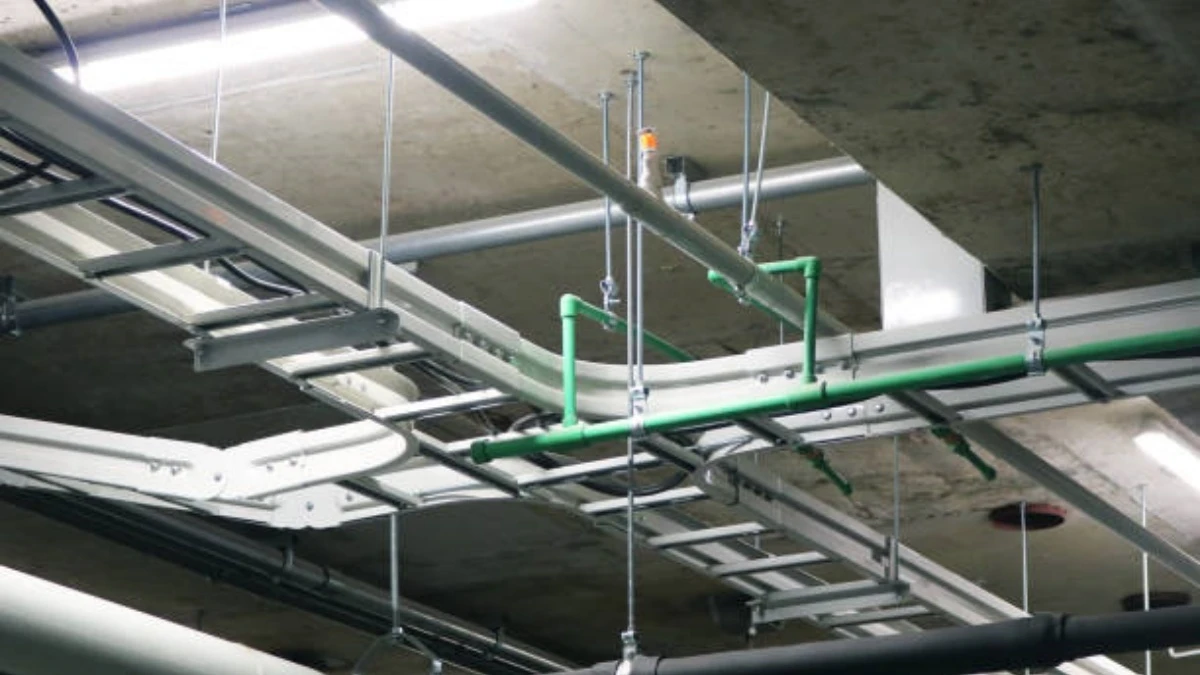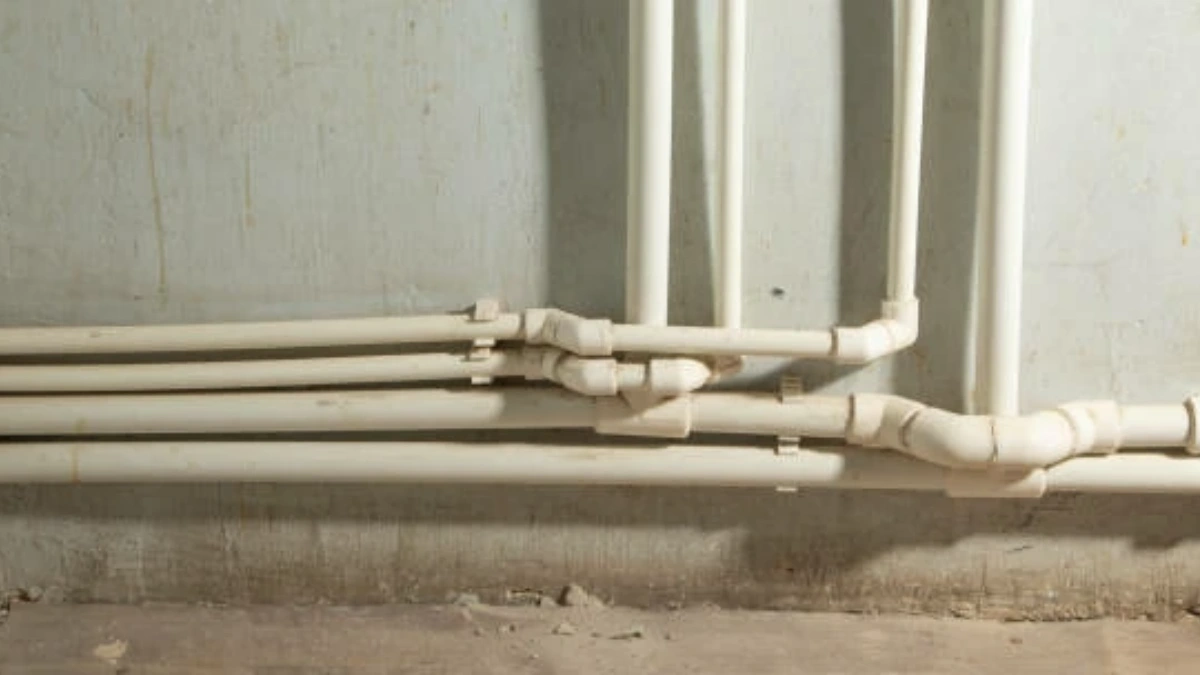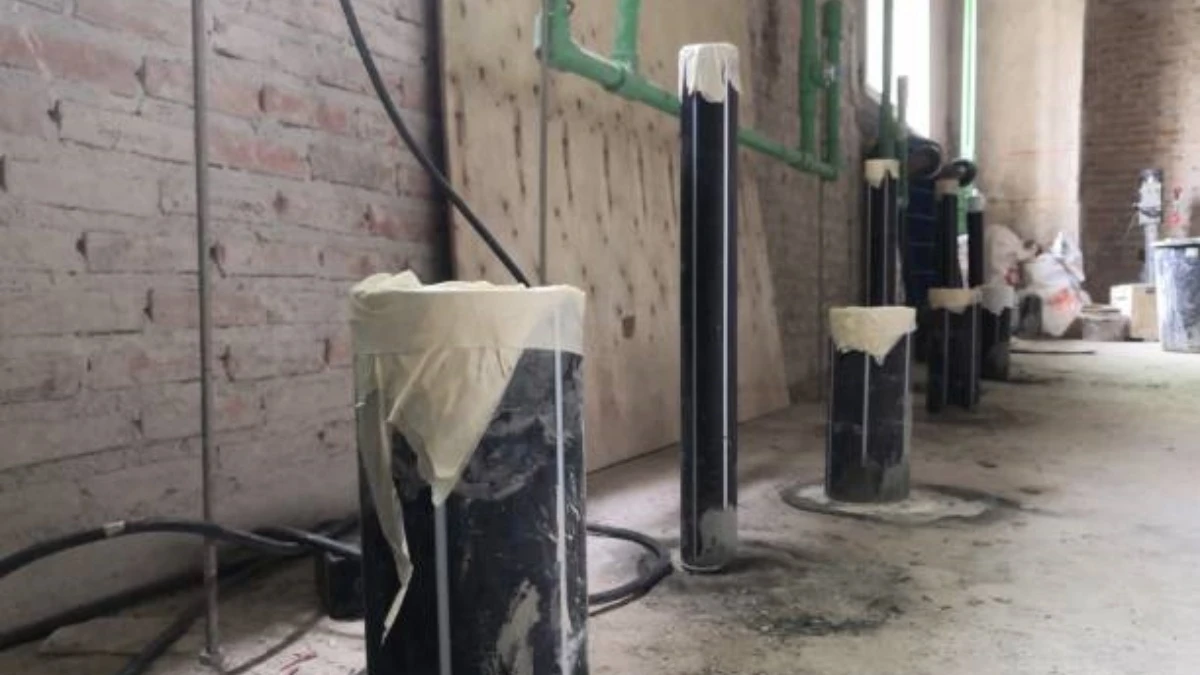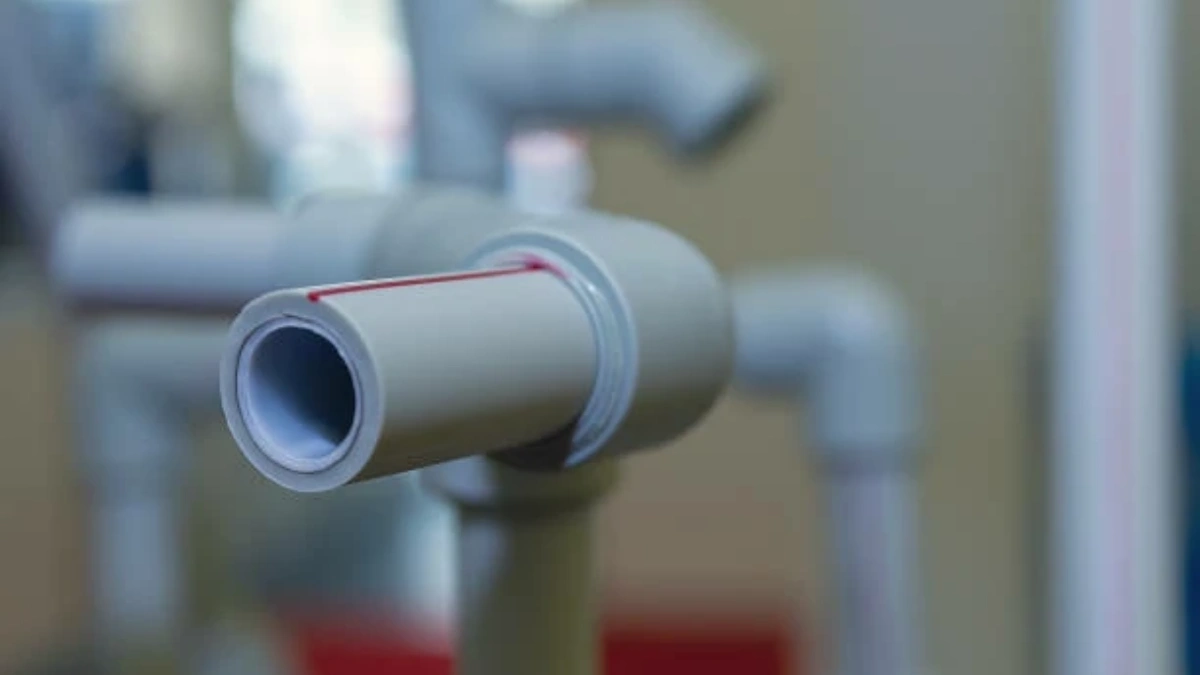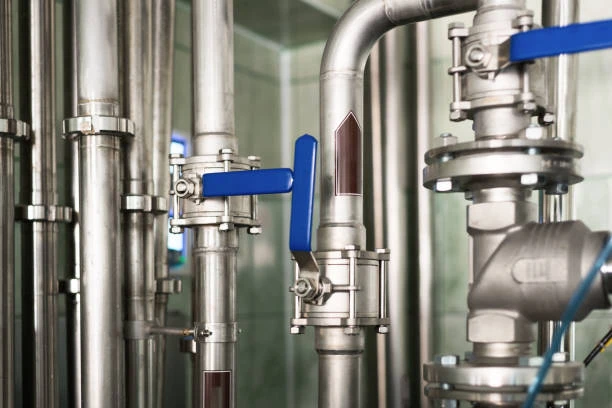In recent years, the importance of plastic tubes has gained significant recognition in various industries, particularly in construction, plumbing, and agriculture. As we delve into the benefits and applications of plastic tubes, it becomes clear why they are considered a vital component in modern infrastructure.
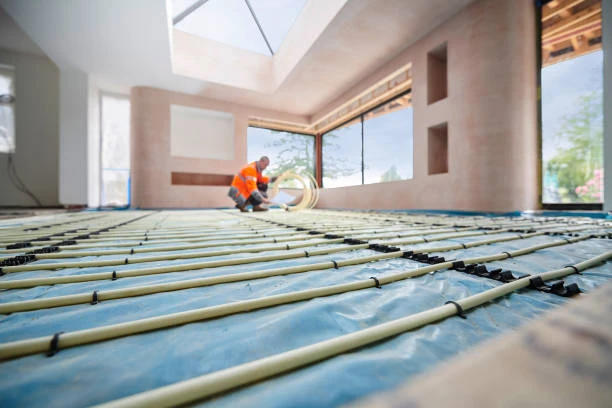
What Are plastic tubes?
Plastic pipe is made from various polymers, with the most common types being polyvinyl chloride (PVC), polyethylene (PE), and polypropylene (PP). These materials offer flexibility, durability, and resistance to corrosion, making them ideal for numerous applications.
Understanding Plastic Tubes
Plastic tube are cylindrical structures made from various types of plastic materials, including PVC (polyvinyl chloride), PE (polyethylene), and PP (polypropylene). They come in various sizes, thicknesses, and colors, making them suitable for multiple applications.
Types of Plastic Tubes
- PVC Tube: Known for their rigidity and resistance to corrosion, PVC tubes are widely useful in plumbing and construction.
- PE Tubes: Flexible and lightweight, polyethylene tubes are commonly useful in agricultural applications and for water supply.
- PP Tubes: Polypropylene tubes are useful for applications requiring higher chemical resistance, such as in the automotive and medical industries.
Importance of Plastic Tubes
Versatility in Applications
One of the most significant advantages of plastic tubes is their versatility. They serve a wide range of purposes across various sectors:
- Construction: Plastic tube are essential in plumbing and drainage systems. Their lightweight nature makes them easy to transport and install.
- Medical Industry: In healthcare, plastic tube are crucial for medical devices, ensuring safe fluid transfer and patient care.
- Agriculture: In irrigation systems, plastic tube facilitate efficient water distribution, promoting better crop yields.
- Consumer Products: From packaging to household items, plastic tube are integral in creating a variety of consumer goods.
Durability and Longevity
Plastic tube are popular for their durability. Unlike metal tubes, they are resistant to rust and corrosion, making them ideal for both indoor and outdoor applications. Their longevity reduces the need for frequent replacements, offering cost savings over time.
Economic Benefits
Using plastic tube can lead to significant economic advantages. They are generally cheaper to produce than metal counterparts, making them more accessible for various industries. Additionally, the lightweight nature of plastic tube reduces transportation costs, further enhancing their economic appeal.
Environmental Considerations
While plastic tube offer numerous benefits, it’s essential to address their environmental impact. The industry is taking steps to mitigate this through:
Recycling Initiatives
Many manufacturers are adopting recycling programs to reclaim used plastic tubes. This not only reduces waste but also conserves resources by reintroducing materials into the production cycle.
Biodegradable Options
Emerging technologies are paving the way for biodegradable plastic tubes. These alternatives aim to provide the same benefits as traditional plastics while minimizing environmental harm.
Industry Regulations
Governments and regulatory bodies are implementing stricter guidelines for plastic production and disposal. The industry is adapting to these changes, focusing on sustainable practices and reducing carbon footprints.
Trends Shaping the Plastic Tube Market
Technological Advancements
Innovations in manufacturing technologies are revolutionizing how plastic tubes are produced. Techniques such as extrusion and injection molding are becoming more efficient, allowing for greater customization and precision.
Growing Demand in Emerging Markets
As developing countries continue to urbanize, the demand for plastic tube in construction and infrastructure projects is important to rise significantly. This growth presents substantial opportunities for manufacturers.
Health and Safety Regulations
In industries like healthcare, stringent regulations surrounding materials used in medical devices are driving the demand for high-quality plastic tube. Manufacturers are investing in research to ensure their products meet these standards.
Insights from Industry Experts
Industry experts emphasize the need for ongoing innovation and sustainability in the plastic tube sector. According to the recent report from the association, “The future of plastic tubes lies in their adaptability and commitment to sustainable practices.” By focusing on eco-friendly materials and manufacturing processes, the industry can enhance its reputation and meet consumer expectations.
Case Study: Successful Implementation
A recent case study showcased a manufacturer that integrated recycled materials into their production of plastic tubes. This initiative not only reduced costs but also garnered positive feedback from environmentally conscious consumers. This success story exemplifies how companies can thrive while prioritizing sustainability.
Conclusion
The importance of plastic tubes cannot be overstated, as they play a vital role across multiple industries. With their versatility, durability, and economic advantages, plastic tubes are essential components in modern infrastructure and consumer goods. As the industry moves toward sustainable practices and innovative technologies, the future of plastic tube looks promising. By addressing environmental concerns and meeting evolving market demands, manufacturers can continue to thrive in this competitive landscape.
FAQs
- What are plastic tube used for?
- Plastic tube are useful in various applications, including construction, medical devices, agriculture, and consumer products.
- What materials are plastic tube made from?
- Common materials include PVC, polyethylene (PE), and polypropylene (PP).
- Are plastic tubes environmentally friendly?
- While plastic tube have environmental impacts, many manufacturers are adopting recycling initiatives and creating biodegradable options.
- How do plastic tubes compare to metal tube?
- Plastic tube are typically lighter, resistant to corrosion, and more cost-effective than metal tubes.
- What trends are shaping the plastic tube market?
- Key trends include technological advancements, growing demand in emerging markets, and stricter health and safety regulations.

